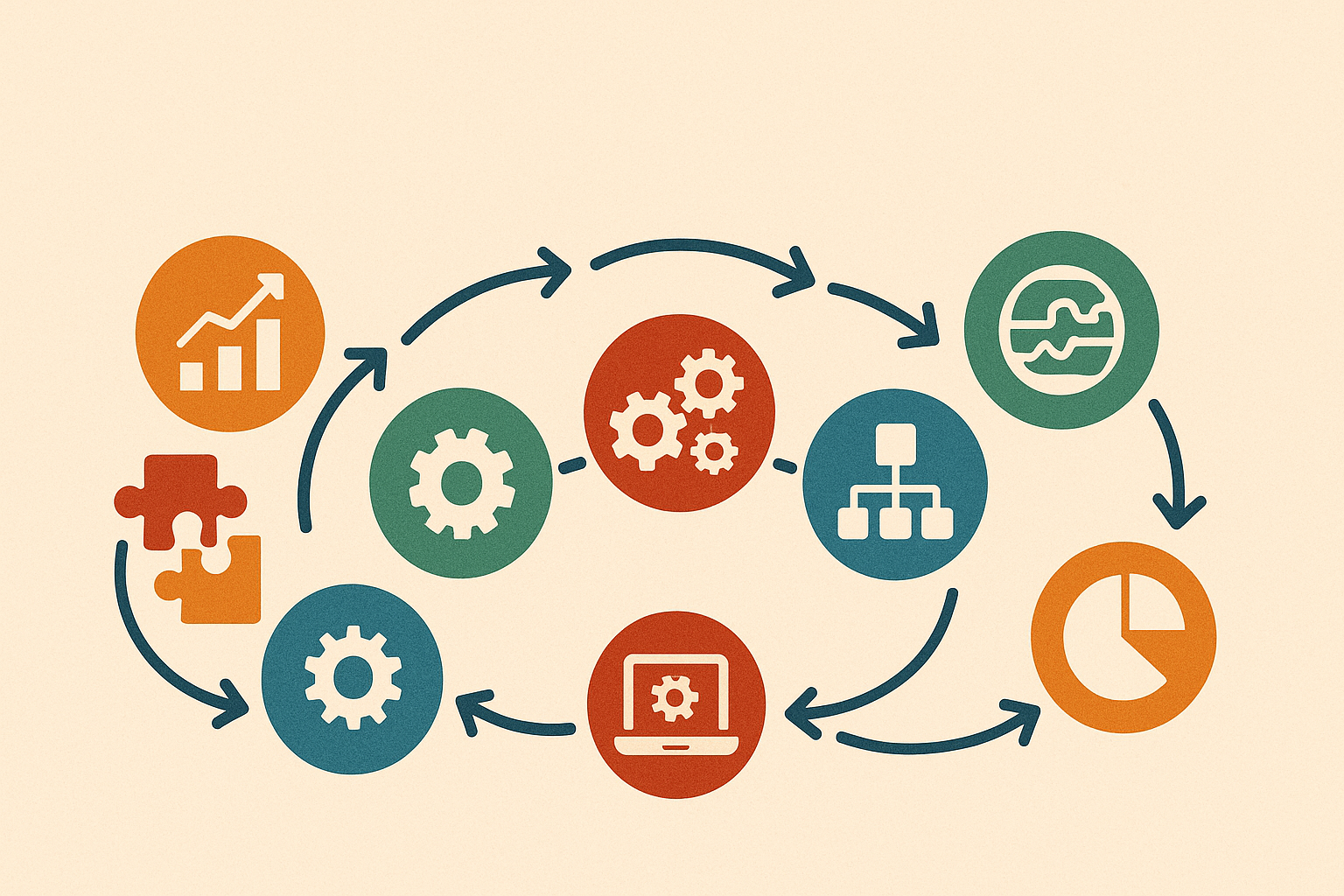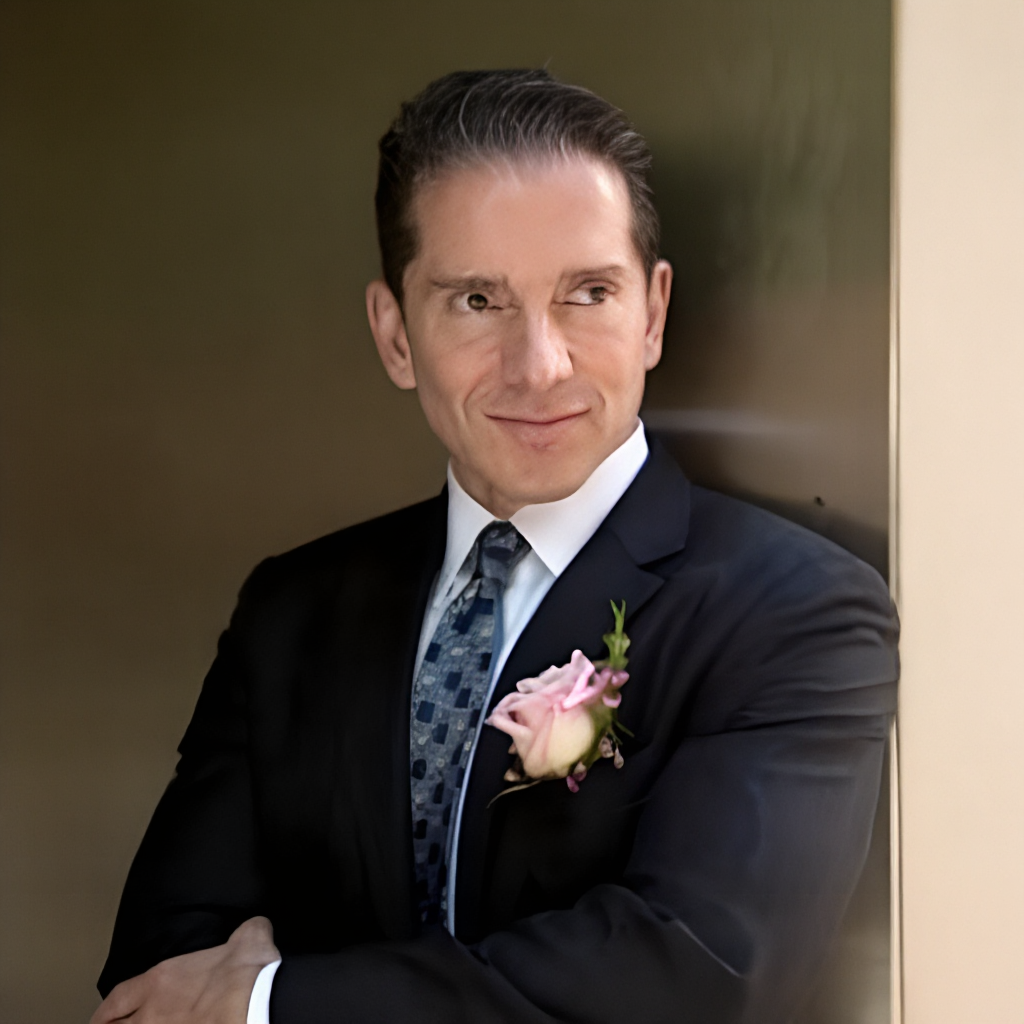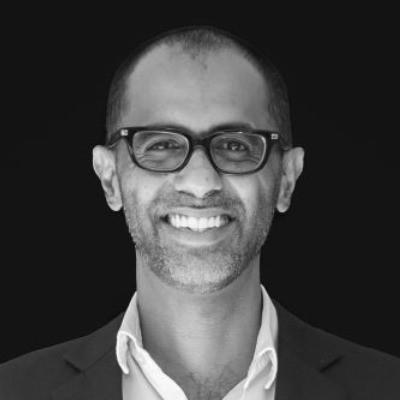Have you ever heard "HOLD PEOPLE ACCOUNTABLE!"? Have you ever said to someone: "I WILL HOLD YOU ACCOUNTABLE"? If 'no', then you must have heard a softer version: "HOLD EACH OTHER ACCOUNTABLE".
Meaning Of The Phrase
When I ask, what do you mean when you say 'hold people accountable'?" people provide me with long, wordy platitudes, tautologies, and truisms. Because they intuitively or implicitly know that societal meaning embedded in the phrase "Hold People Accountable" is socially not well accepted in collaborative society. So if you want to truly understand the meaning implied in the phrase "Hold People Accountable" you need to talk to to listener of the phrase. The answers you will get from listener is that phrase implies "I will beat you up," "I will punish you," "I will do something to you that you don't like." It's reprimandation. It could be reprimendation in terms of promotion, yearly review which includes bonus and appraisal or even putting on PiP. Whatever be the method, it's reprimendation.
Listener Defines Meaning of Words
At dinner, I was having a conversation with a manager who takes pride in the principle of "holding people accountable," The manager said my people do not perceive it as "l will beat you up". I turned to her reports instantly and after some probing, they said that's exactly what they feel: FEAR. Now, the reports must be doing the same to their reports. Actually it starts from the top and everyone copies it. The denial that "I will hold you accountable" does not mean "I will punish you" is so rampant. The denial is because it's impossible for people who want to be good bosses to even fathom that they can do something that terrible. Still, they do it while feeling bad when their bossed do it to them.
We Assume Systems Are Perfect
The idea of holding people accountable stems from a particular mental model. This model assumes that the systems in which people operate are functioning perfectly. So, when outcomes don't meet expectations, the blame is placed on individuals, implying they lack the necessary skills or commitment to get things done. While it's true that underqualified or underperforming individuals can exist, more often than not, we find that people are working within poorly designed or broken systems that hinder their ability to succeed. However, these flawed systems are often invisible to both, to those who hold people accountable and those who are held accountable.
Anti-Systems Leadership
Recognizing these systems requires a special ability to think in terms of systems. When we become blind to systems, all we see are people and outcomes. The only action left is to hold individuals accountable for the results, without seeing the context and systems they operate in. Managers are trained to assess outcomes and associate them with specific people, but they often overlook the larger systems at play. At SystemsWay, we refer to leaders who fail to see and lead systems effectively as "anti-systems leaders." We define leadership as guiding systems effectively, so those who lead systems astray or fail to see them at all are, by definition, anti-systems leaders. When leaders lack systems awareness, they tend to fall into this anti-systems mindset.
Holding People Accountable Can Cause Damage To Systems Itself
The tendency to overlook systems and focus solely on "holding people accountable" leads to further damage to those invisible systems. Well-meaning people end up taking actions that harm these systems in their efforts to achieve results because accountability is focused on outcomes, not on values or behaviors. This fixation on results and individual accountability causes people to undermine the very systems they depend on, eventually crippling their ability to achieve future results. It also erodes the ability to hold people accountable effectively, as you can't punish or replace all employees without creating a dysfunctional organization.
Holding People Accountable Will Drain Systems
Holding individuals accountable works when people are genuinely the root cause of problems—when we have effective systems in place but some individuals fail to leverage them. In such cases, it's fair not to keep underperformers who can't deliver results. However, when systems are broken or in poor shape, enforcing accountability breeds fear or apathy, both of which stifle the growth of a learning organization.Despite this, the practice of holding people accountable for outcomes can appear successful in the short term. Managers may still achieve results through increased pressure or harder work, and they often get rewarded for milking the cow. But this approach slowly drains the "invisible cow," the underlying system, which becomes increasingly unhealthy and unsustainable over time. Miking cow may require hard[lots of] work but it's easy work. Making cow healthy is both hard[lots of] work and it's hard work[requires knowledge of cow a systems]
You Are Copying What You Have Observed
People tend to follow the principle of "holding people accountable" rather than "holding systems accountable" for several reasons. First, they are imitating the management practices of their superiors. They believe if their manager have been successful by holding people accountable then it should be right method. This approach is reinforced by business books, articles, and social media, creating a widely accepted norm. Managers see this practice repeatedly validated and therefore adopt it themselves.
Second, holding people accountable doesn't require deep knowledge of systems—only the ability to judge outcomes. In contrast, holding systems accountable demands a deeper understanding of how systems function, which most managers lack. What's worse is that many managers are unaware of their lack of systems knowledge, and some mistakenly believe they understand systems when they don't. The root of all of it is the thinking. Most people fail to realize that we the humans do we see the world from your eyes or our sense. We see the world from out thinking. This itself is a concept that's not well understood. Because once you understand this concept, we can start reflecting on our current thinking, figure out limitation of that thinking and become open to newer Systems Thinking, so we can see the invisible systems in which the manager and their people suffer collectively. The systems are broken not because we have terrible people in the world. There are indeed terrible people in positions of power who do not care for others, and I have no concern for them. What troubles me is when great individuals with good intentions and genuine care for people, end up behaving like very managers they despise, all under the guise of niceness. Why? Our analytical thinking, which we take pride in, has become our limitation, and we are not even aware of it. The fundamental principle of every framework, be it DevOps, SAFe, LeSS, Lean, and many others, is Systems Thinking. The fundamental principle of becoming a Learning Organization is Systems Thinking. However, nobody seems to be questioning or thinking about their thinking.
Intention necessary condition not sufficient
As the saying goes, the road to hell is paved with good intentions. If you continue to design techno-social systems solely from an analytical perspective, regardless of how well-intentioned you may be, you will inevitably find yourself becoming the kind of manager you never aspired to be. The systems you are a part of will leave you no alternative. You must determine whether you are a prisoner of systems or a prisoner of the thinking that birthed those systems and whether you wish to break free from the limitation of that thinking. Intentions are necessary condition to do good work in world but not sufficient. One needs knowledge of systems to design systems such that those intention can be achieved. The systems you design is reflection of your mental model which is function of your thinking. It time that we just not think but think about our thinking and limitation of that thinking, so we open our mind to different way of thinking.




























